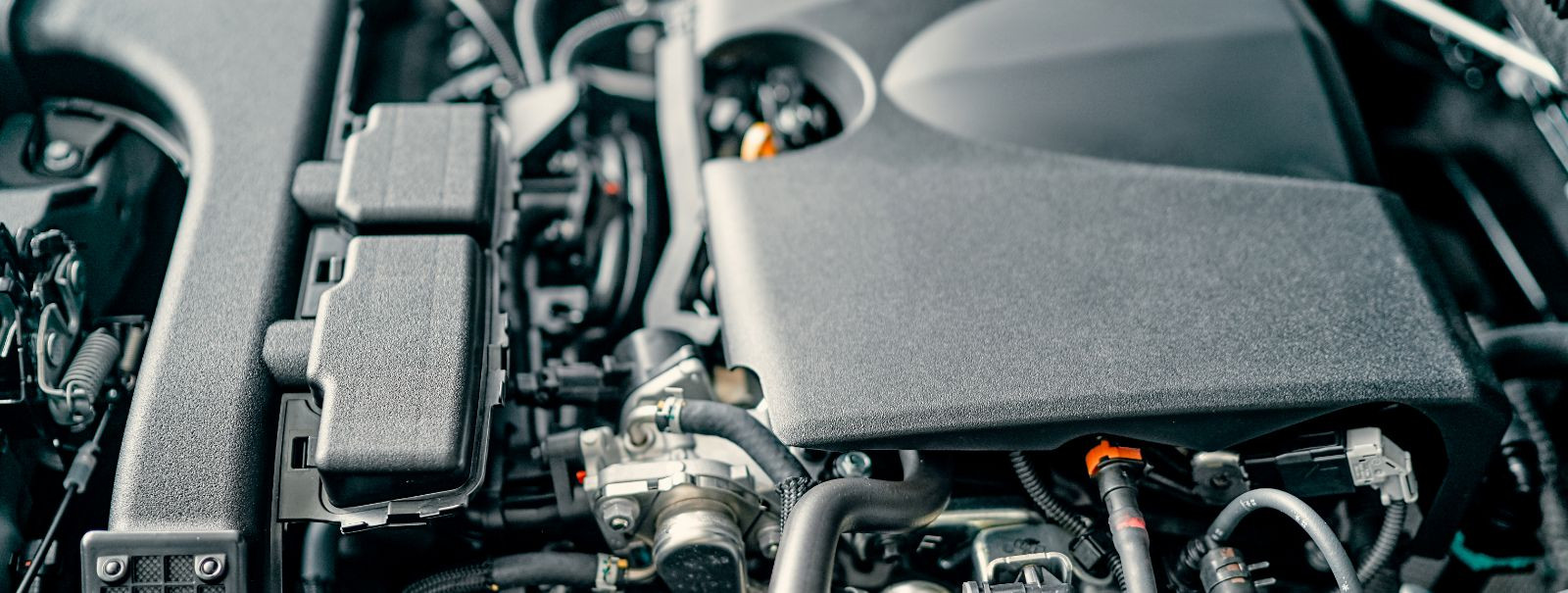How to extend the life of your car battery
In the world of automotive care, ensuring the longevity of your car battery is crucial for maintaining vehicle reliability and performance. For automotive enthusiasts, professional mechanics, and businesses in the transportation and agricultural sectors, understanding how to extend the life of a car battery can lead to significant cost savings and enhanced vehicle efficiency.
Understanding Car Battery Basics
Car batteries come in various types, including lead-acid, AGM (Absorbent Glass Mat), and lithium-ion. Each type has its own advantages and is suited for different vehicle needs. Lead-acid batteries are the most common, known for their affordability and reliability. AGM batteries offer better performance and are maintenance-free, while lithium-ion batteries are lightweight and have a longer lifespan.
Car batteries store electrical energy and provide the necessary power to start the engine and run electrical components. They work by converting chemical energy into electrical energy through a chemical reaction between the battery's lead plates and sulfuric acid.
Factors Affecting Car Battery Life
Extreme temperatures, both hot and cold, can significantly impact battery performance and lifespan. High temperatures can cause the battery fluid to evaporate, while cold temperatures can reduce the battery's ability to hold a charge.
Short trips and frequent starts can prevent the battery from fully charging, leading to a shorter lifespan. Conversely, regular long drives can help maintain a healthy charge level.
Regular maintenance, such as cleaning the battery terminals and ensuring a secure connection, can prevent corrosion and improve battery performance. Neglecting maintenance can lead to premature battery failure.
Tips to Extend Your Car Battery's Life
Schedule regular battery inspections to check for signs of wear and tear. Clean the terminals and ensure they are tightly connected to prevent power loss.
Use a quality battery charger to maintain an optimal charge level, especially if the vehicle is not used frequently. Avoid overcharging, as it can damage the battery.
Turn off all electrical components, such as lights and the radio, when the engine is not running. This reduces unnecessary power drain and prolongs battery life.
If storing a vehicle for an extended period, disconnect the battery to prevent discharge. Store the battery in a cool, dry place to avoid temperature-related damage.
Signs Your Car Battery Needs Replacement
Be aware of warning signs such as slow engine crank, dim headlights, and the battery warning light on the dashboard. These indicators suggest that the battery may need replacement.
Environmentally Friendly Battery Disposal
Proper disposal of old car batteries is essential for environmental protection. Many automotive shops and recycling centers offer battery recycling services to ensure safe and eco-friendly disposal.






Comments (0)